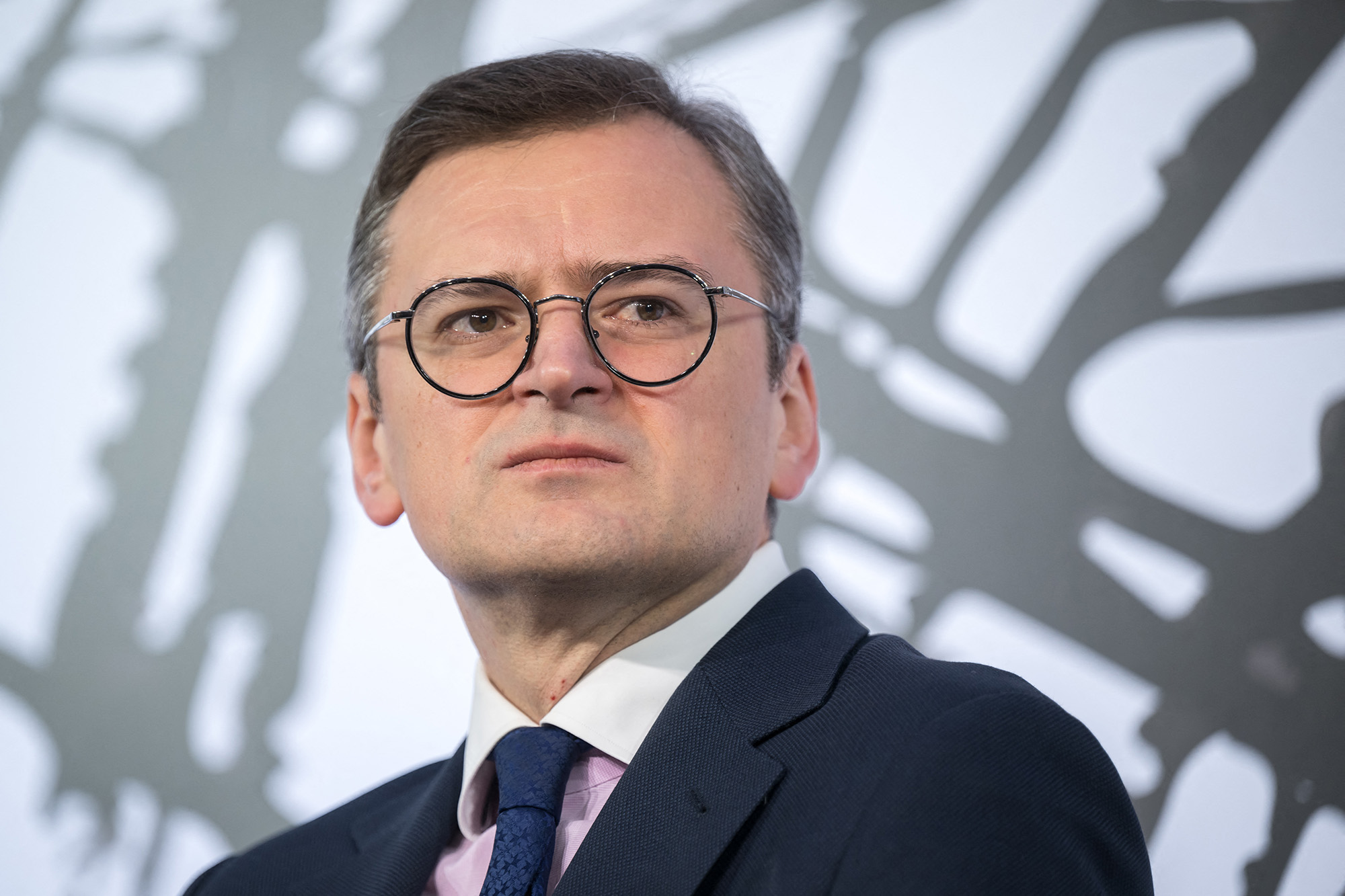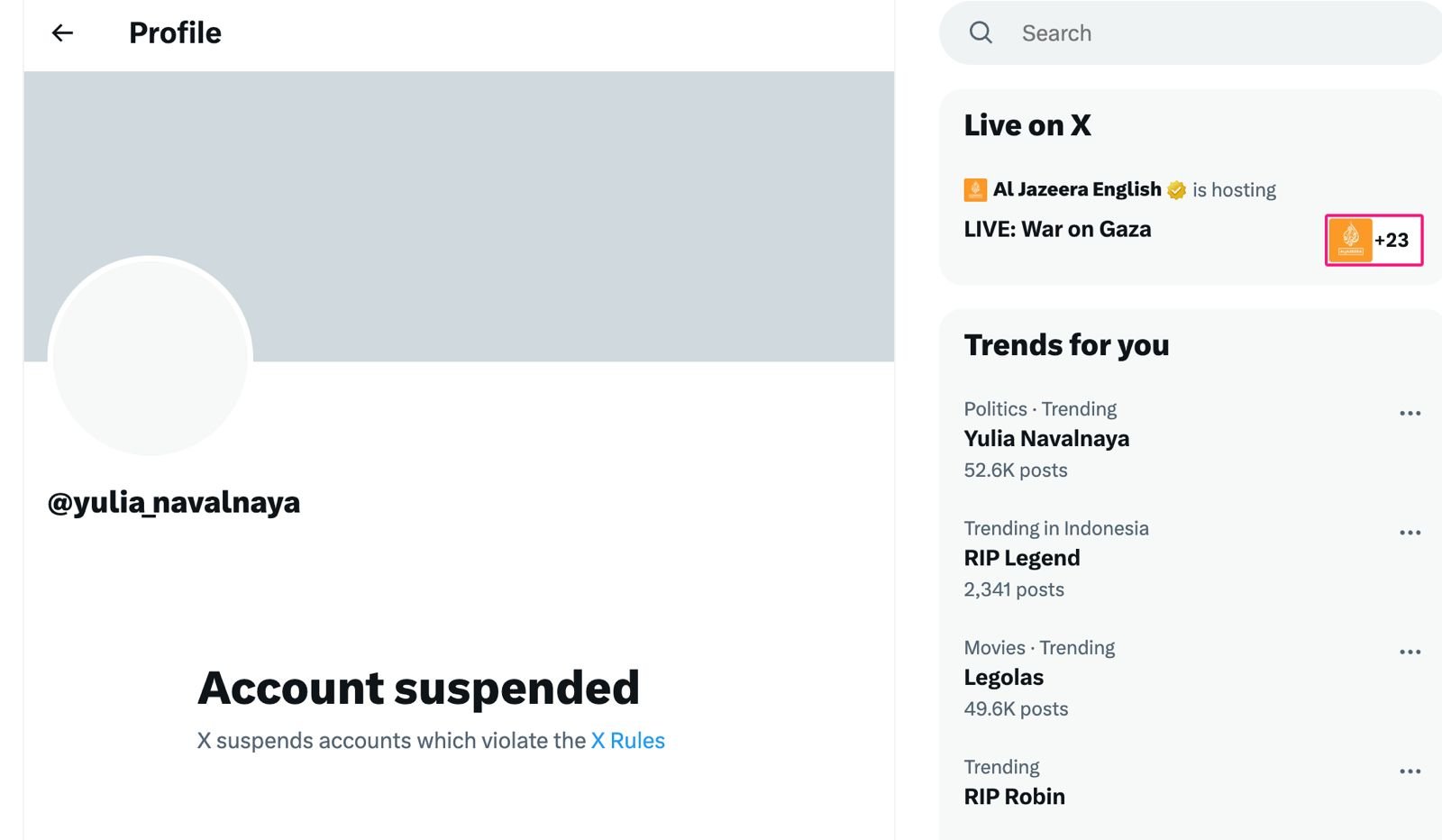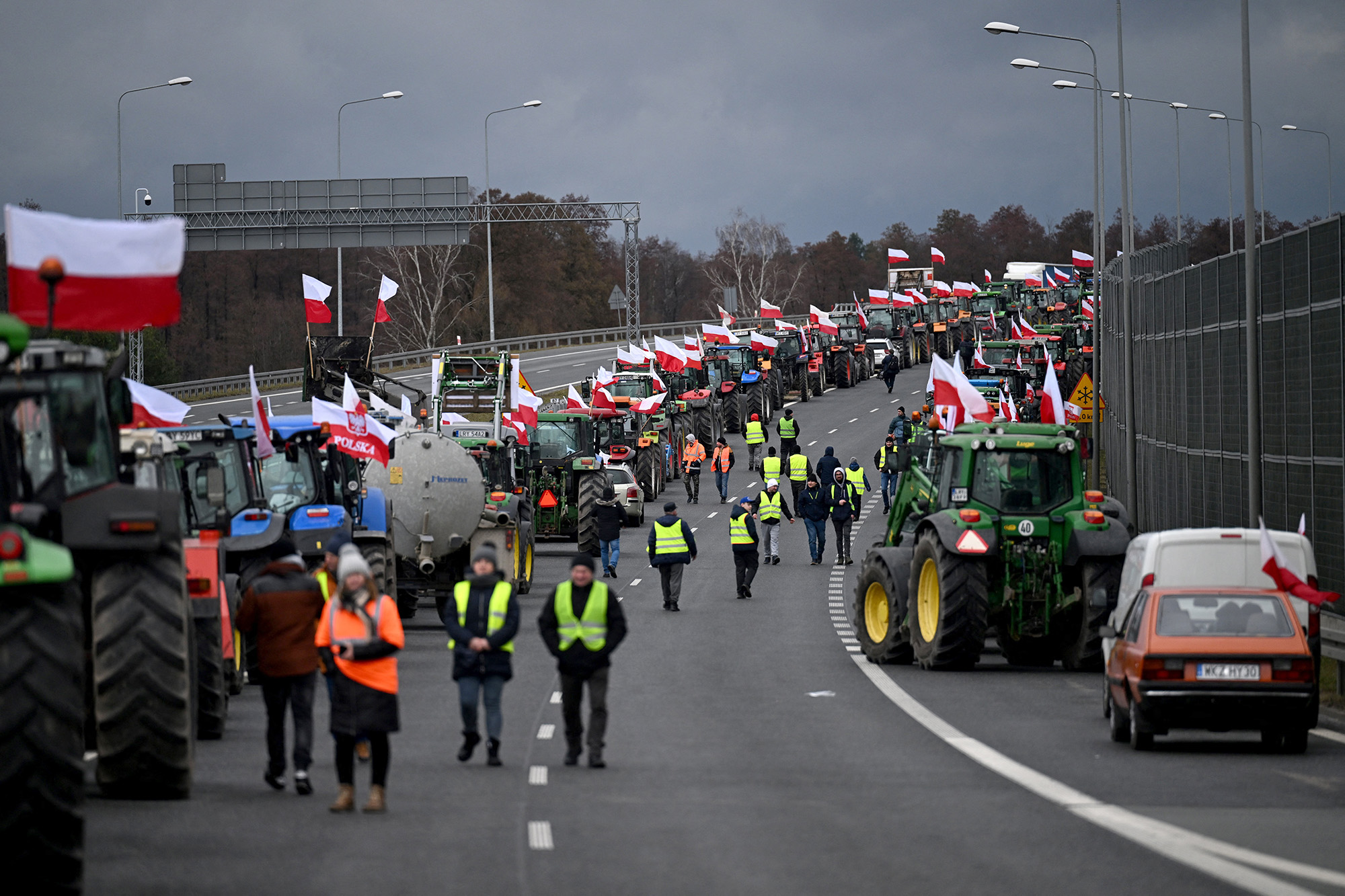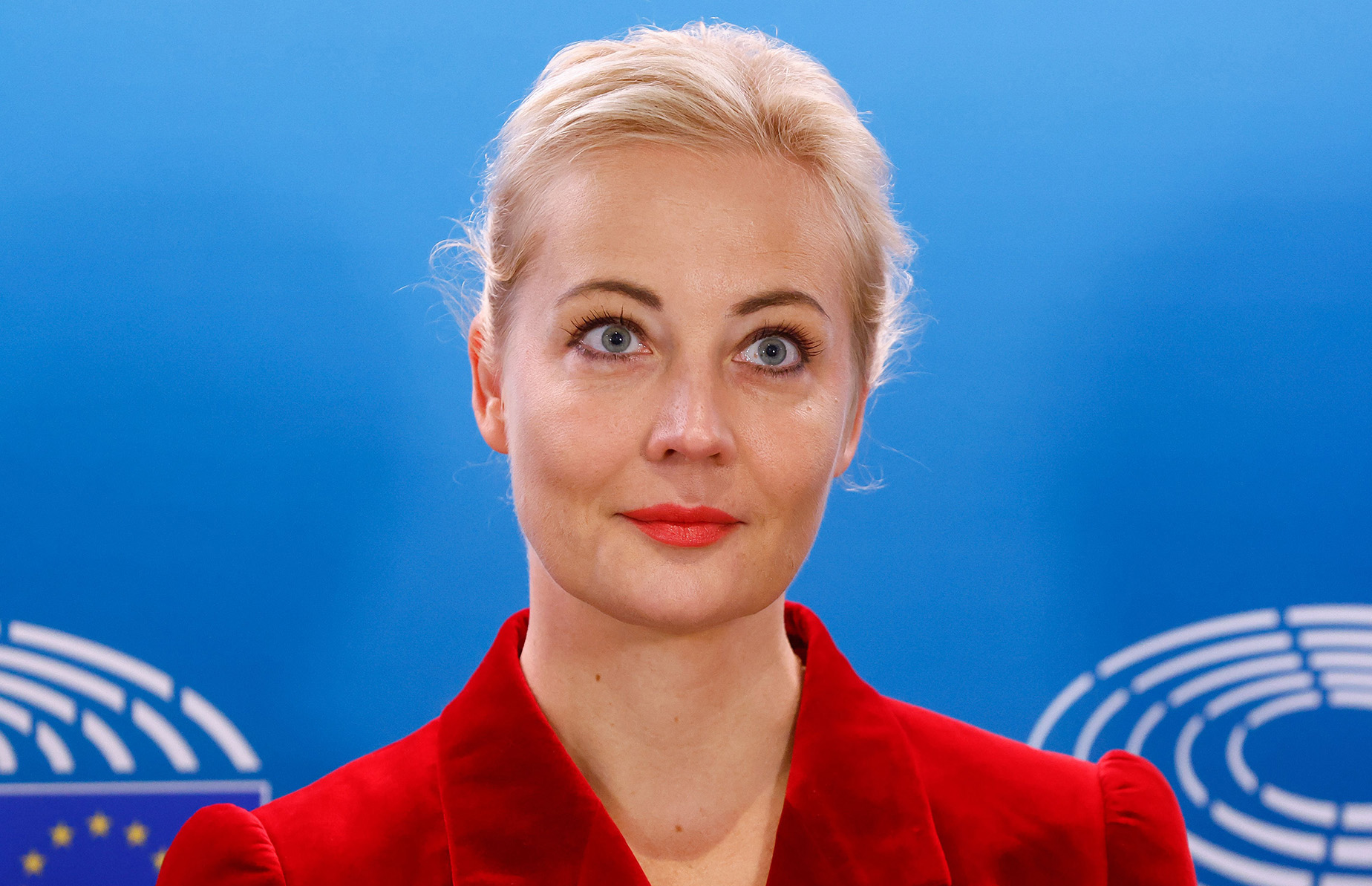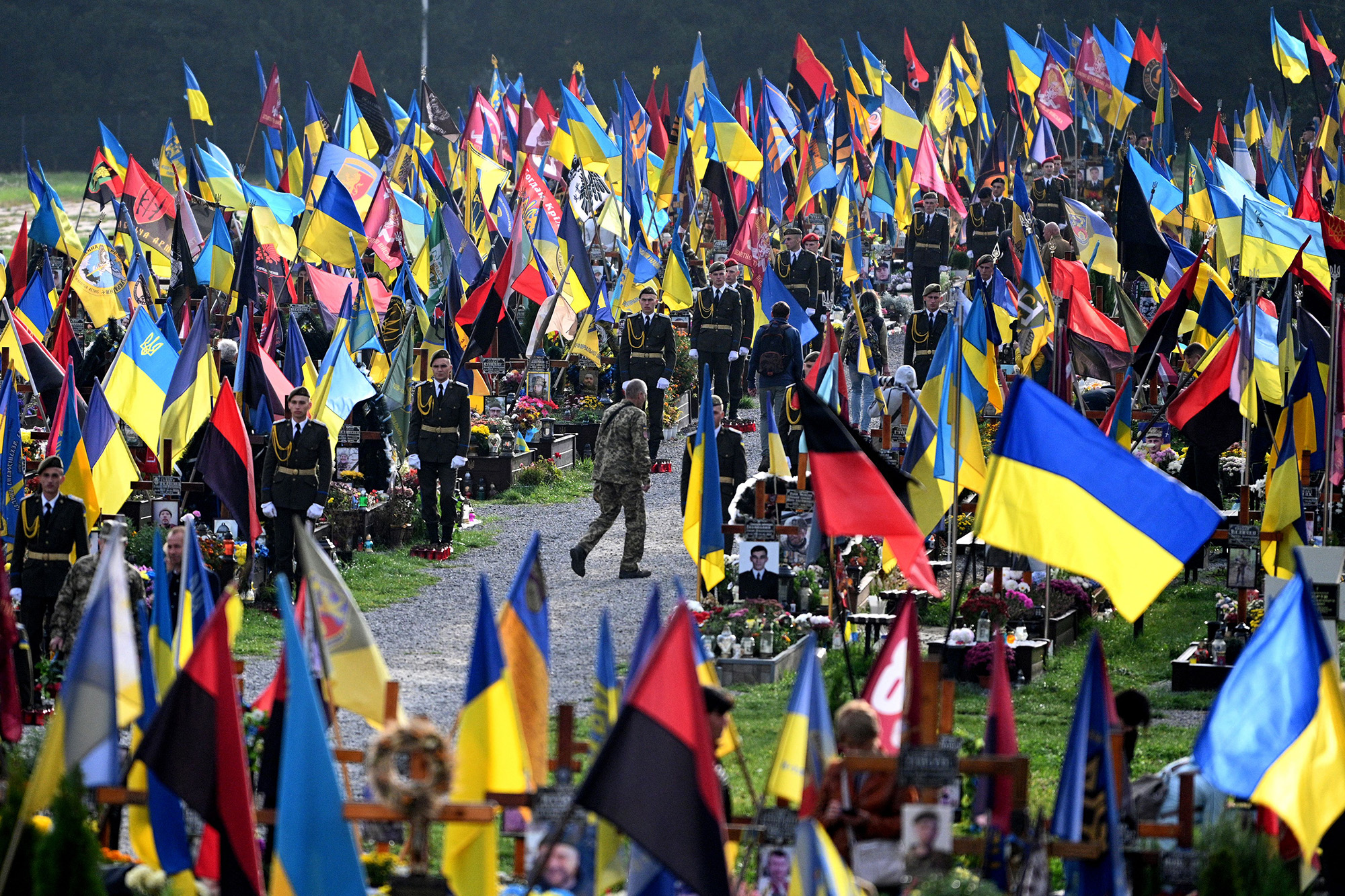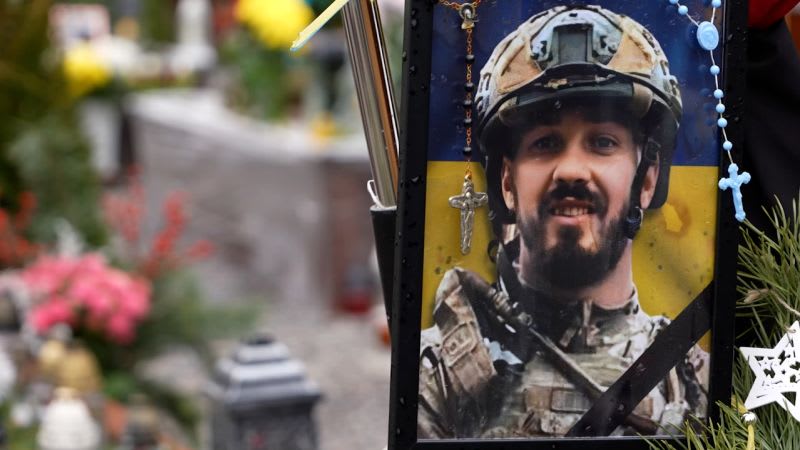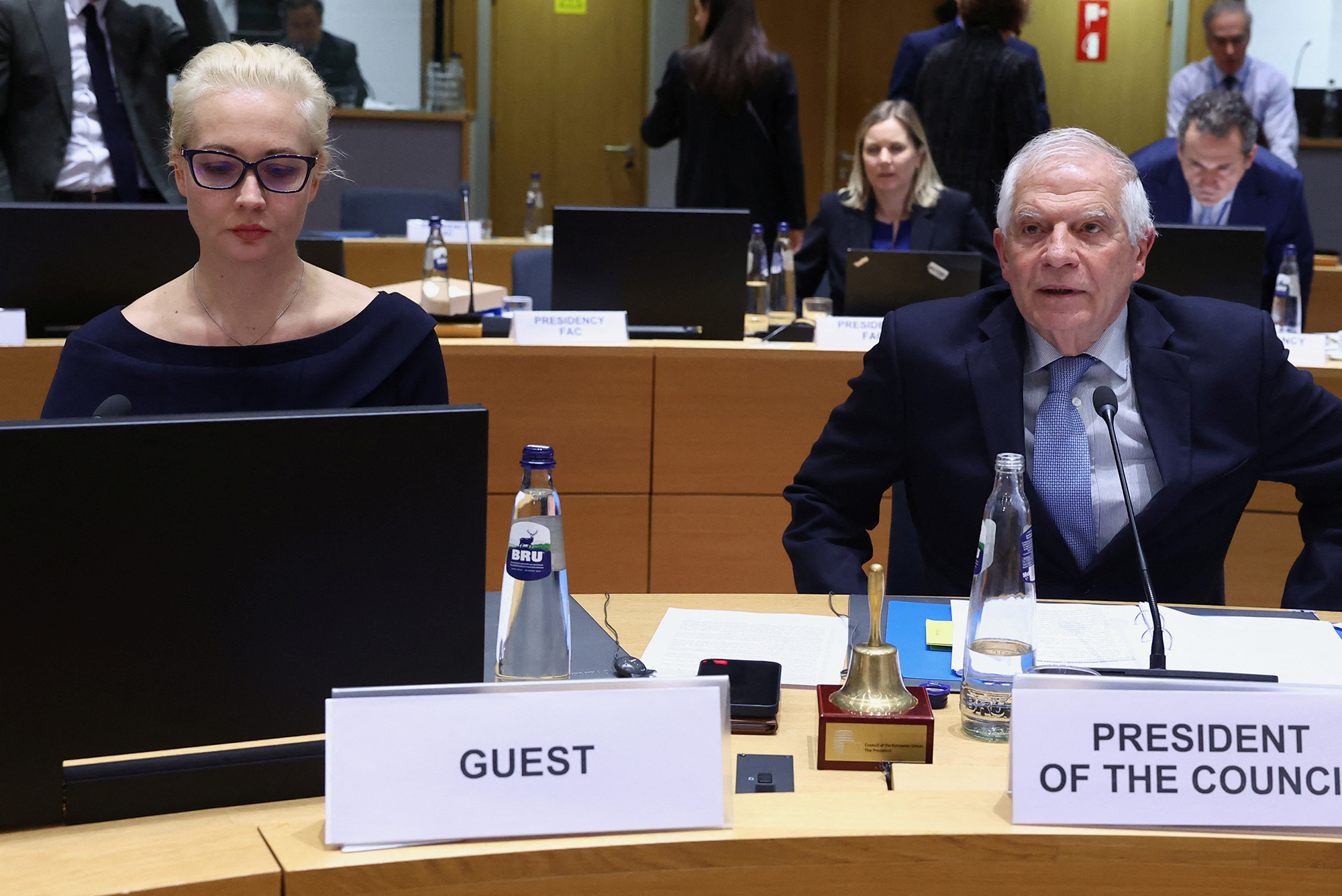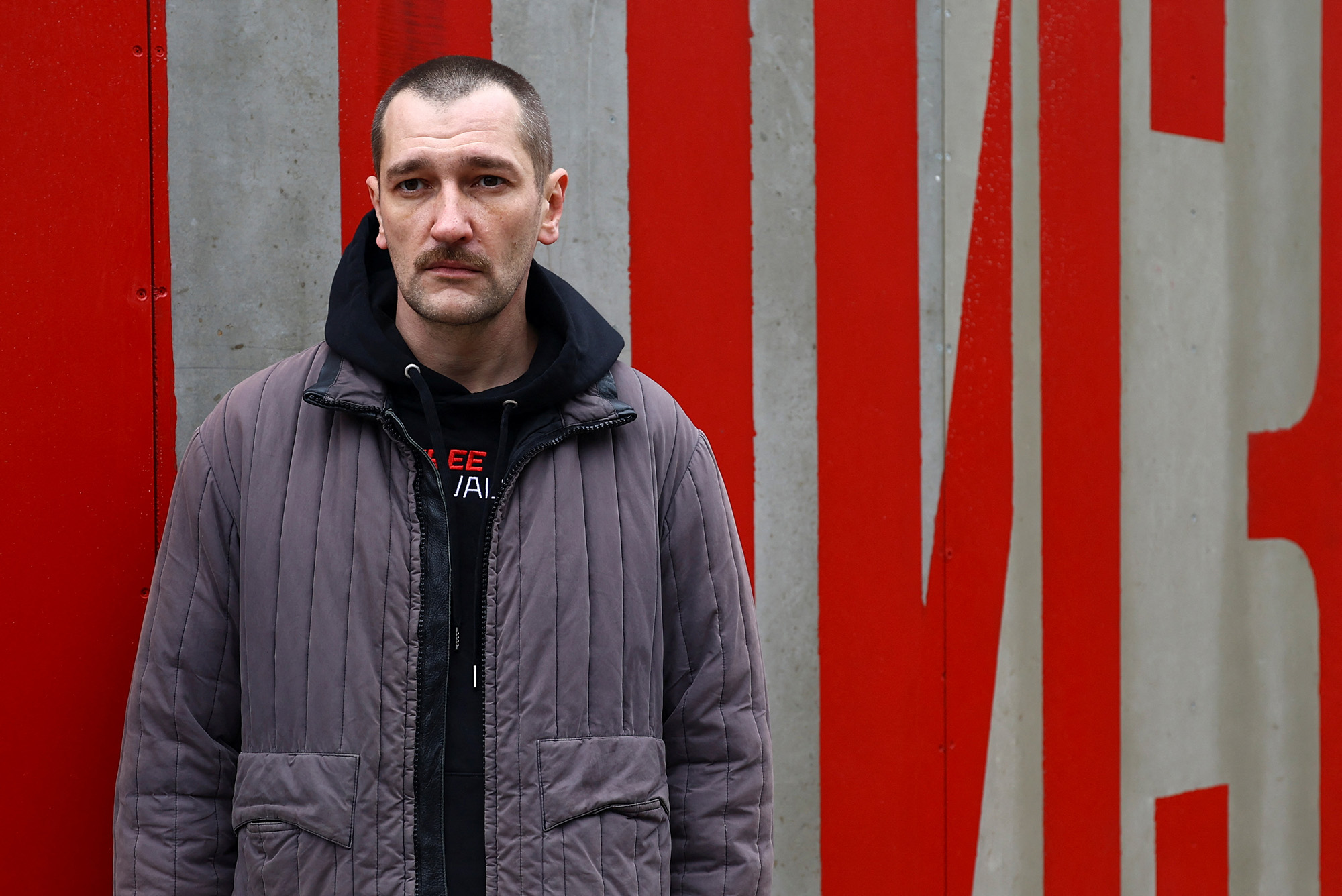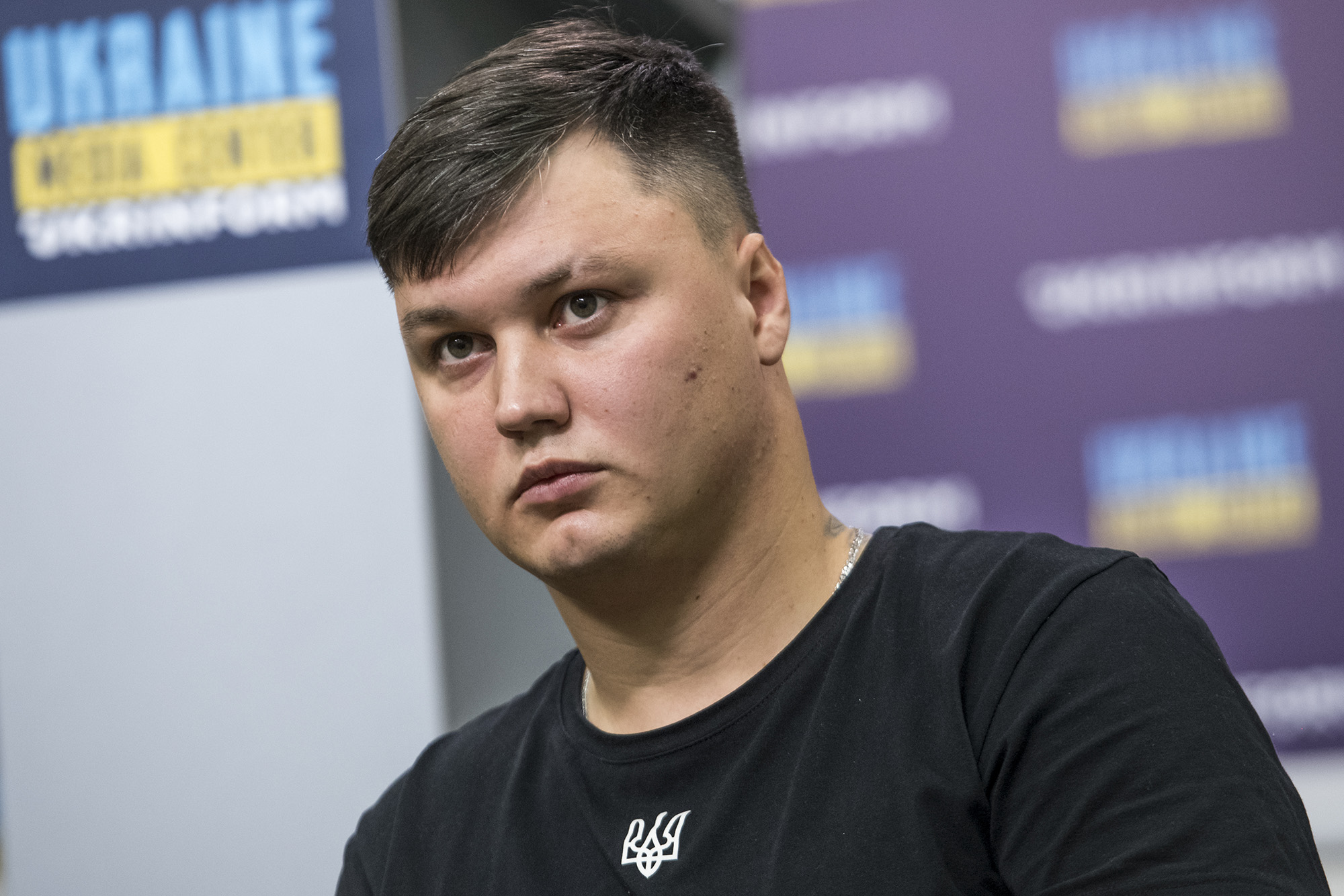
A Russian helicopter pilot Maxim Kuzminov who defected to Ukraine in a dramatic operation is dead, Ukraine’s Defense Intelligence Directorate (GUR) tells CNN.
The statement comes as Spanish authorities investigate the killing of a man shot dead in Spain a week ago.
Initially, the Spanish Civil Guard said the victim was a 33-year-old Ukrainian but later said the man’s identity was still part of an investigation, which had been sealed by a judge.
A source at Ukraine’s GUR confirmed to CNN the body was that of Kuzminov, but would not comment on how he had died.
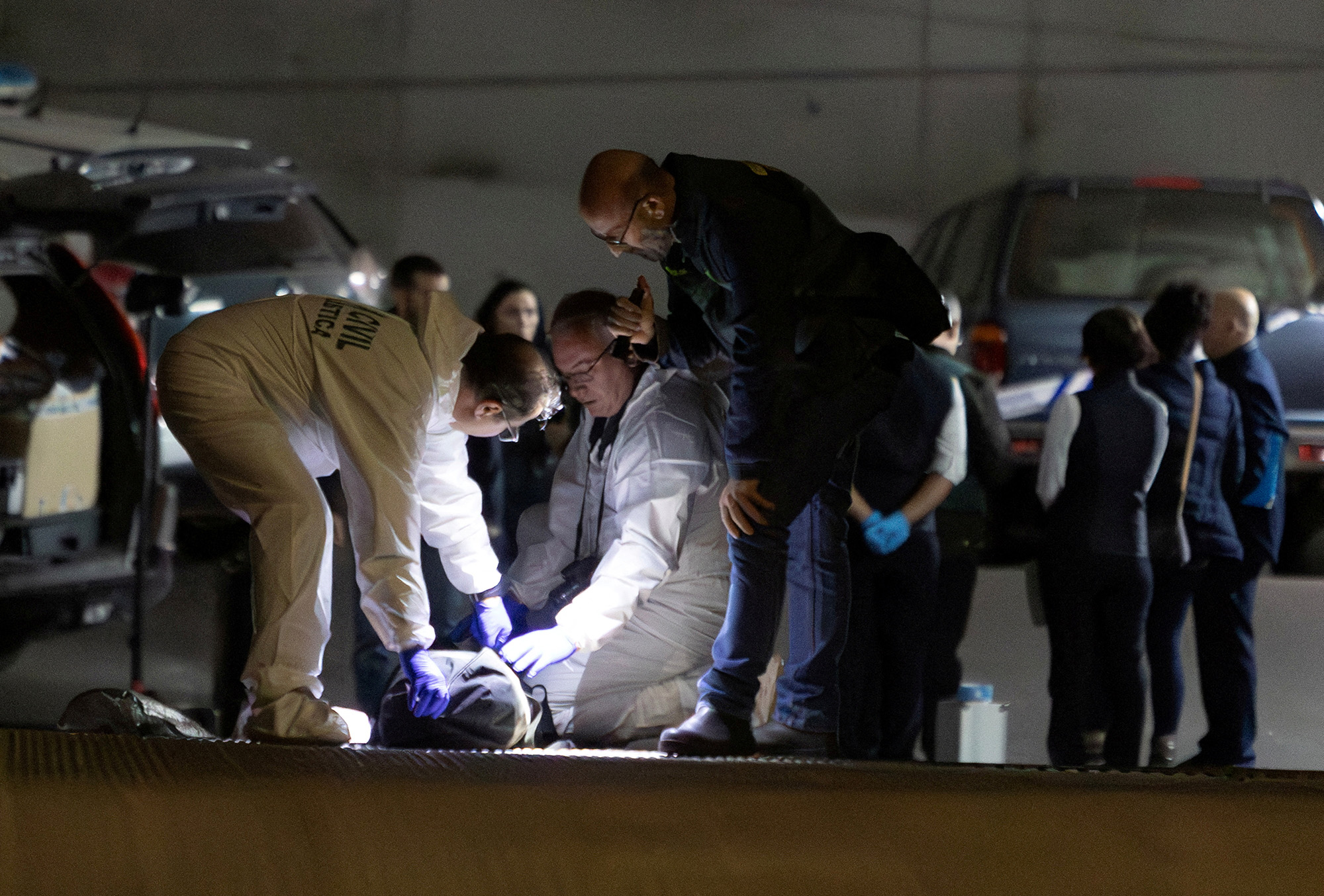
Asked Tuesday whether Russia had any knowledge of the death, Kremlin spokesperson Dmitry Peskov said Moscow had no information on the matter.
Russia’s Foreign Intelligence Director Sergey Naryshkin would also not comment directly on Kuzminov’s death, but told reporters the defector had become “a moral corpse the moment he began planning his dirty and terrible crime,” Russia’s RIA Novosti reported.
Some context: Last September, CNN reported on how the Russian pilot flew his Mi8 combat helicopter across the border – in an operation directed by Ukraine’s GUR. In an interview, carried out under the auspices of the GUR, Kuzminov explained how he planned his defection and why he did it, telling reporters he was opposed to the war.
